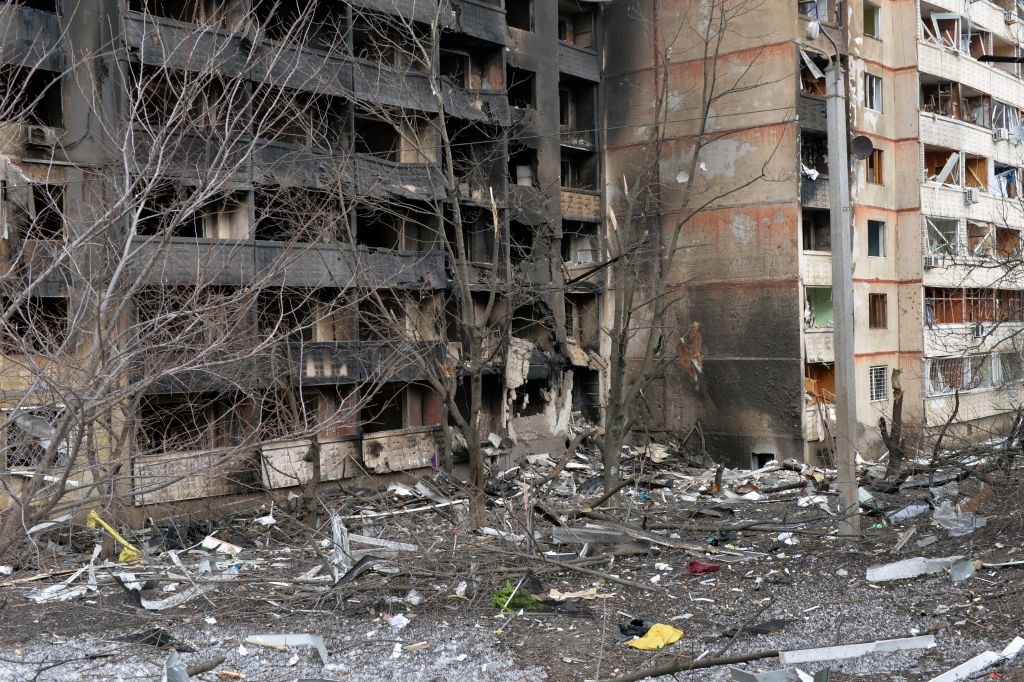Putin’s invasion showed that even Europe, and tomorrow perhaps even North America, are not immune from being dragged into war by a destabilizing agent.
Logg inn for å lese videre (abonnenter).
Støtt uavhengige nyheter!
Bli abonnentPluss-artikler blir åpnet 24 timer etter publisering. Artikler som er eldre enn to år er forbeholdt abonnenter.






